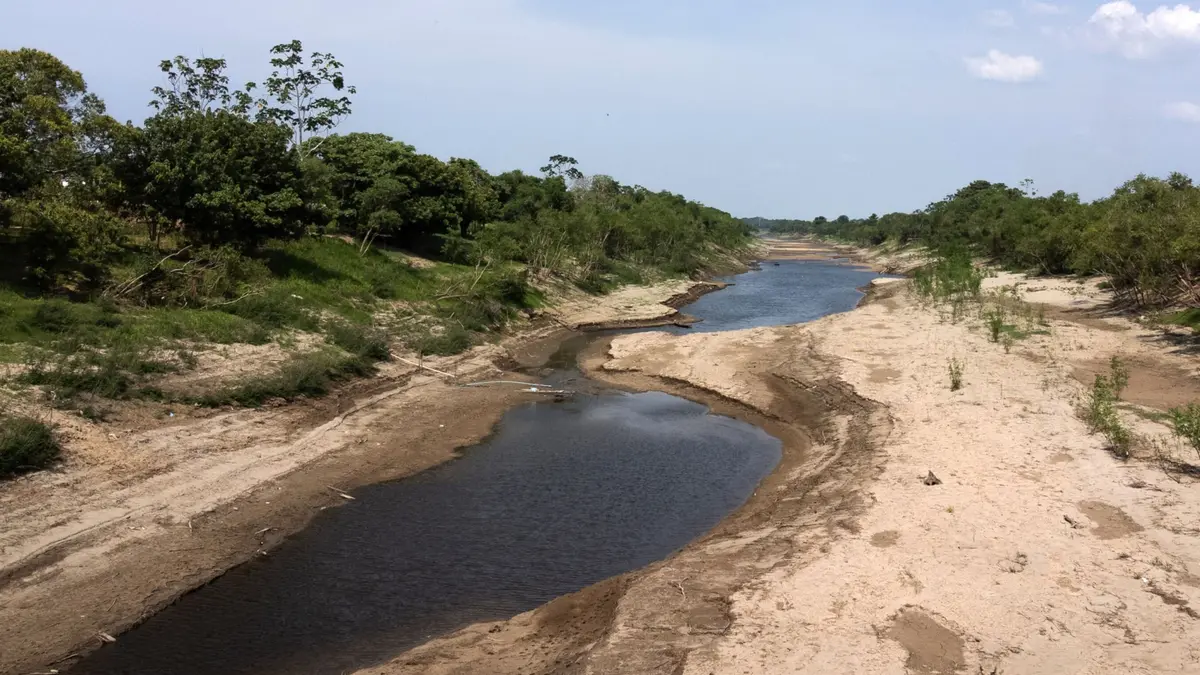The Brazilian government is firing up two diesel power plants to combat an intense Amazon drought.
This move aims to prevent blackouts in Rondônia and Acre during peak demand. The National Electric System Operator (ONS) recommends this action.
Low river levels stopped the Santo Antônio Hydro Plant in Porto Velho earlier this week. Since July, the government has hoarded diesel to maintain power.
This drought has led to a state of emergency in over 50 cities.
Rivaldo Moreira, CEO of Gas Energy, stated that ONS is ramping up energy security. Earlier this year, a blackout shook the area.
Recently, wildfires have surged due to the drought. Additionally, the government started dredging major tributaries of the Amazon.

Sadly, more than 100 river dolphins have died, possibly due to warm waters.
ONS warns that no weather relief is in sight. Thus, quick and effective actions are necessary for stable power.
In contrast, South and Southeast Brazil have seen abundant rain lately. Their reservoirs remain above average, easing tariff pressures.
Lastly, diesel plants are costly to run, as per energy expert Celso Dall’Orto. He believes the impact on the overall power system is manageable.
Background Amazon Drought Crisis
In a local context, the Amazon drought exposes the vulnerability of relying heavily on hydroelectric power.
Meanwhile, other parts of Brazil, such as the South and Southeast, have been experiencing abundant rainfall.
This regional imbalance raises questions about the effectiveness of a one-size-fits-all approach to energy production.
Furthermore, higher diesel costs will likely get passed on to local consumers, affecting household budgets.
Switching gears to the global perspective, the Amazon plays a crucial role in climate regulation.
Its health impacts weather patterns worldwide.
Therefore, droughts in the Amazon have global consequences, including potential effects on agriculture and water resources.
Moreover, the rise in wildfires contributes to global warming, which is a concern for all countries.
In comparison, other nations are diversifying their energy portfolios to include wind, solar, and nuclear options.
Brazil’s current plight serves as a cautionary tale for countries that rely too much on one energy source.

